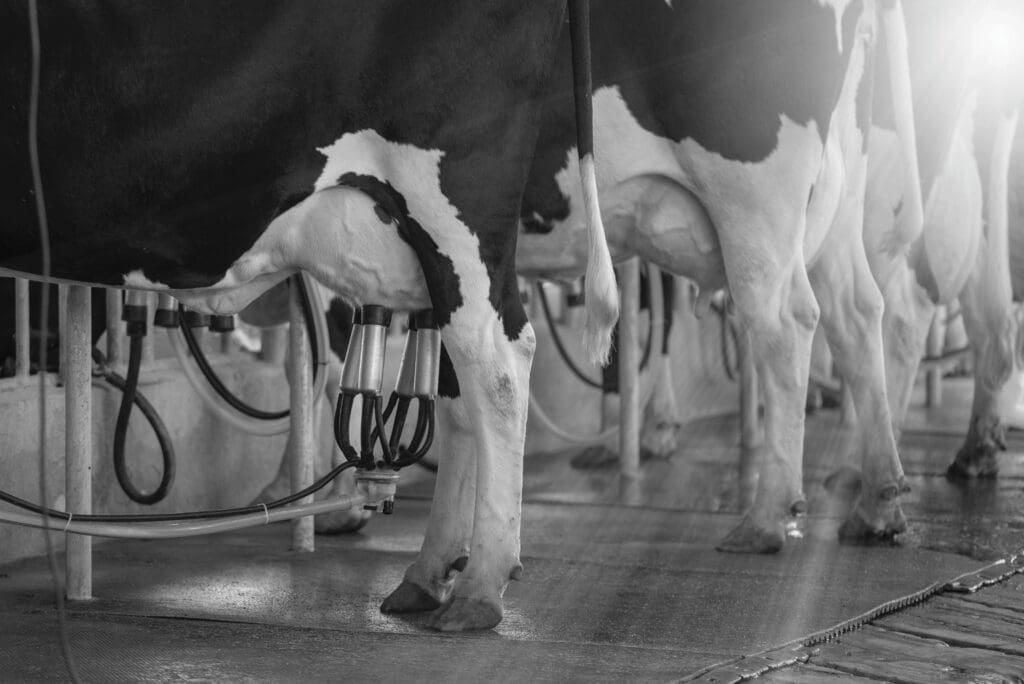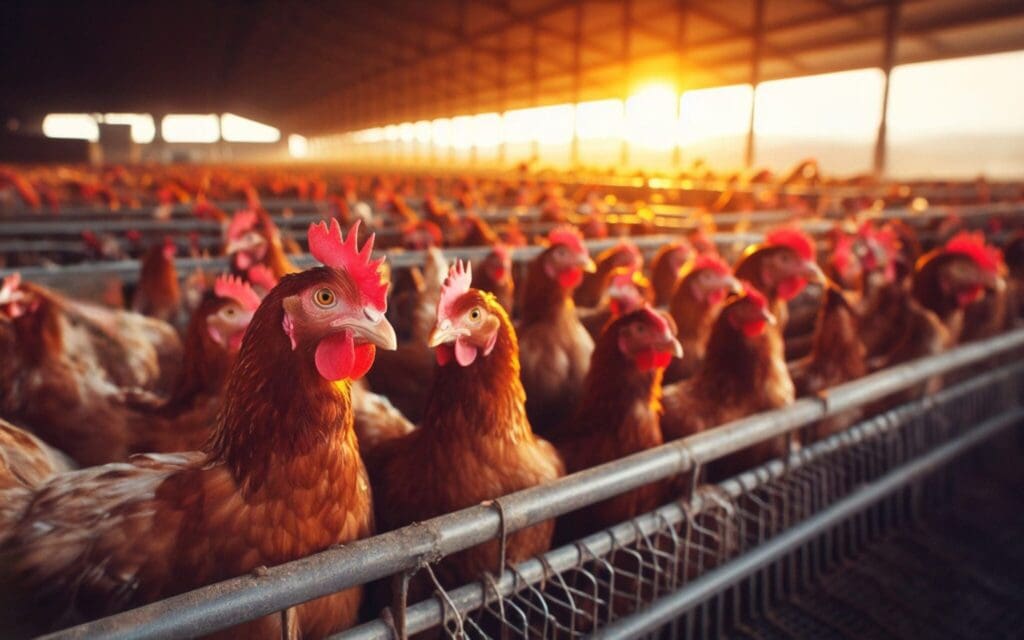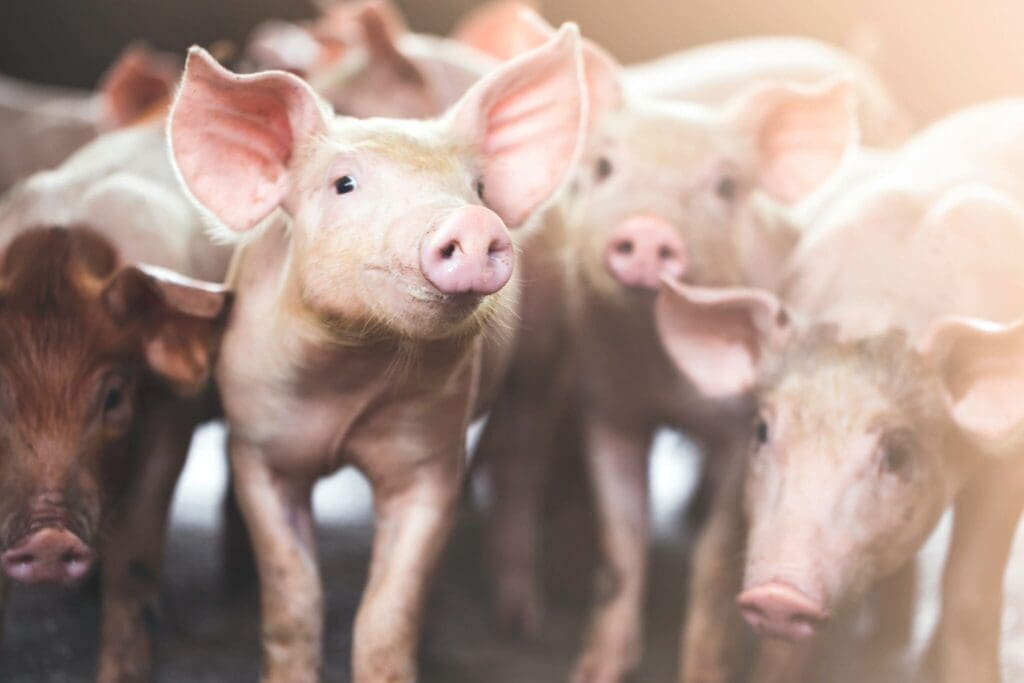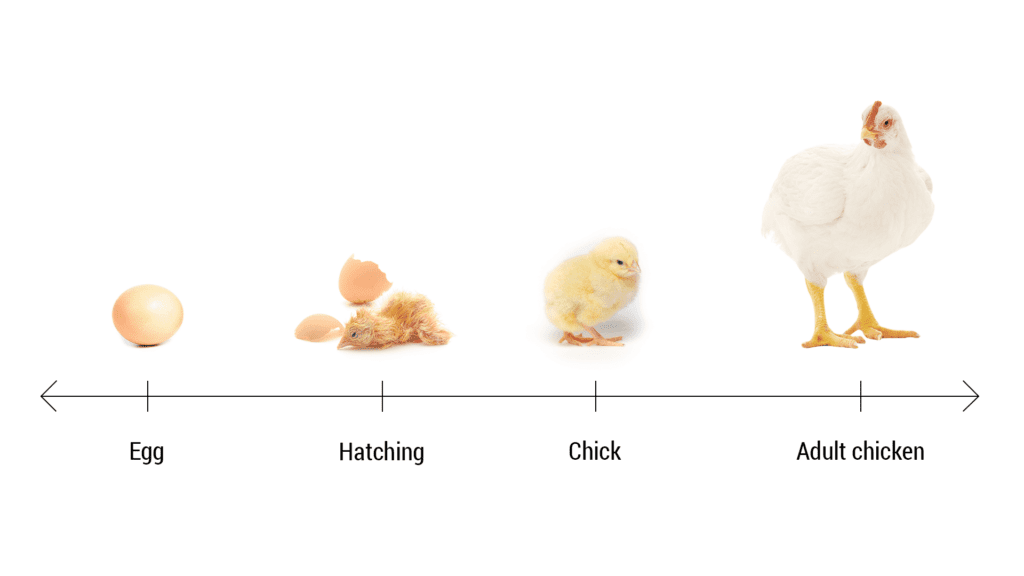The Ruminant Gut Efficiency Conference co-hosted by Chemuniqué and Biomin on 15 May was a first of its kind. Over 100 nutritionists, veterinarians, animal producers, and researchers came together at Glenburn Lodge in Muldersdrift for a one-day conference on ruminant gut efficiency.
A healthy gut is essential to maintain feed efficiency and growth rate for optimal animal production, and producers and researchers are continuously looking to better understand the mechanisms by which the gut influences various aspects of health and efficiency. This conference challenged some of our industry’s most influential minds to consider issues such as dry cow strategies and interstitial atypical pneumonia in feedlots from a different angle. Keynote speaker Professor Lance Baumgard from the Department of Animal Science at Iowa State University in the USA provided cutting-edge insights into some new discoveries of the mechanisms of leaky gut and discussed some management and nutritional strategies that can be employed to manage it. It is often easy to forget the importance of the lower gut in the ruminant but, as Prof. Baumgard pointed out, “70% of the immune system resides in the gut and it has three times the number of neurons than the brain”. Unlike the rumen, the gut is lined by a single layer of epithelial cells that serve to facilitate digestion and absorption of nutrients and act as a barrier to invading microorganisms, toxins, and dietary antigens. Therefore, optimal intestinal barrier function is paramount to achieving healthy gut function. Tight junction proteins are one of the key components that regulate intestinal permeability and are crucial to the integrity of the epithelial barrier. The separation of these tight junctions leads to the breakdown of the intestinal barrier (i.e. leaky gut), allowing for harmful molecules and compounds to pass through. Over time, animal producers have bred and selected for more productive and efficient animals, increasing their general heat load and, in turn, creating animals that are more heat- and stress-sensitive. Arguably the main role of the gut is nutrient absorption, but this will always come second to keeping out pathogens and microbes. Gut health and the importance of epithelial integrity now play an even greater role in ruminant health than previously thought.
A number of well-respected speakers shared the stage alongside Prof. Baumgard on the day. Dr Peter Plumstead, technical director of Chemuniqué, discussed the importance of minerals in immunity. Prof. Leon Prozesky of Path Diagnostics Africa provided a pathological perspective of gut-associated problems in ruminants. Romain Coulon, Biomin’s ruminant technical manager, talked about endotoxins and their relevance to production and health. Finally, the executive officer of the SA Feedlot Association Dewald Olivier provided a short overview and outlook of the South African feedlot industry. His passion for the industry shone through, and he challenged conference delegates to take hands and “let’s go together” as we will go further than going alone. This was the aim of the conference – to gather key role players in the ruminant industry and create an environment where we could share knowledge to go further together. Albert van Rensburg, managing director of Biomin, agrees: “Our aim with this conference was to provide the best in-depth information and insight into the progression and evaluation of several gut conditions that might influence the health and performance of ruminants. The challenge for animal scientists, nutritionist, veterinarians, and producers is to translate such knowledge into practical applications. Combining the knowledge and experience of experts in the field with that of companies such as Biomin and Chemuniqué is a good example of what we can achieve together in the best interest of animal producers!”
“The competitiveness of regional food production is critical for the future of animal agriculture in Southern Africa,” says Terry Wiggill, managing director of Chemuniqué. “With global predictions of a looming shortfall in the ability to produce the calorie requirements of a rapidly expanding population, this is an exciting opportunity for our region’s agriculture.” He believes the task ahead is greater than any one organisation, requiring collaboration between all science-based innovators. “This conference is but an initial taste of what can be achieved as we come together with creative thinkers and globally acclaimed research specialists to support the efficiencies of regional animal production. In collaboration with Biomin, I was delighted to be a part of hosting such a ground-breaking event. Thank you to the respective teams, our international guests, and all the delegates who made the event such a success!”
Robyn Joubert is the marketing manager at Chemuniqué, contact Robyn at 074 252 3333 / robyn@chemunique.co.za.
























































































